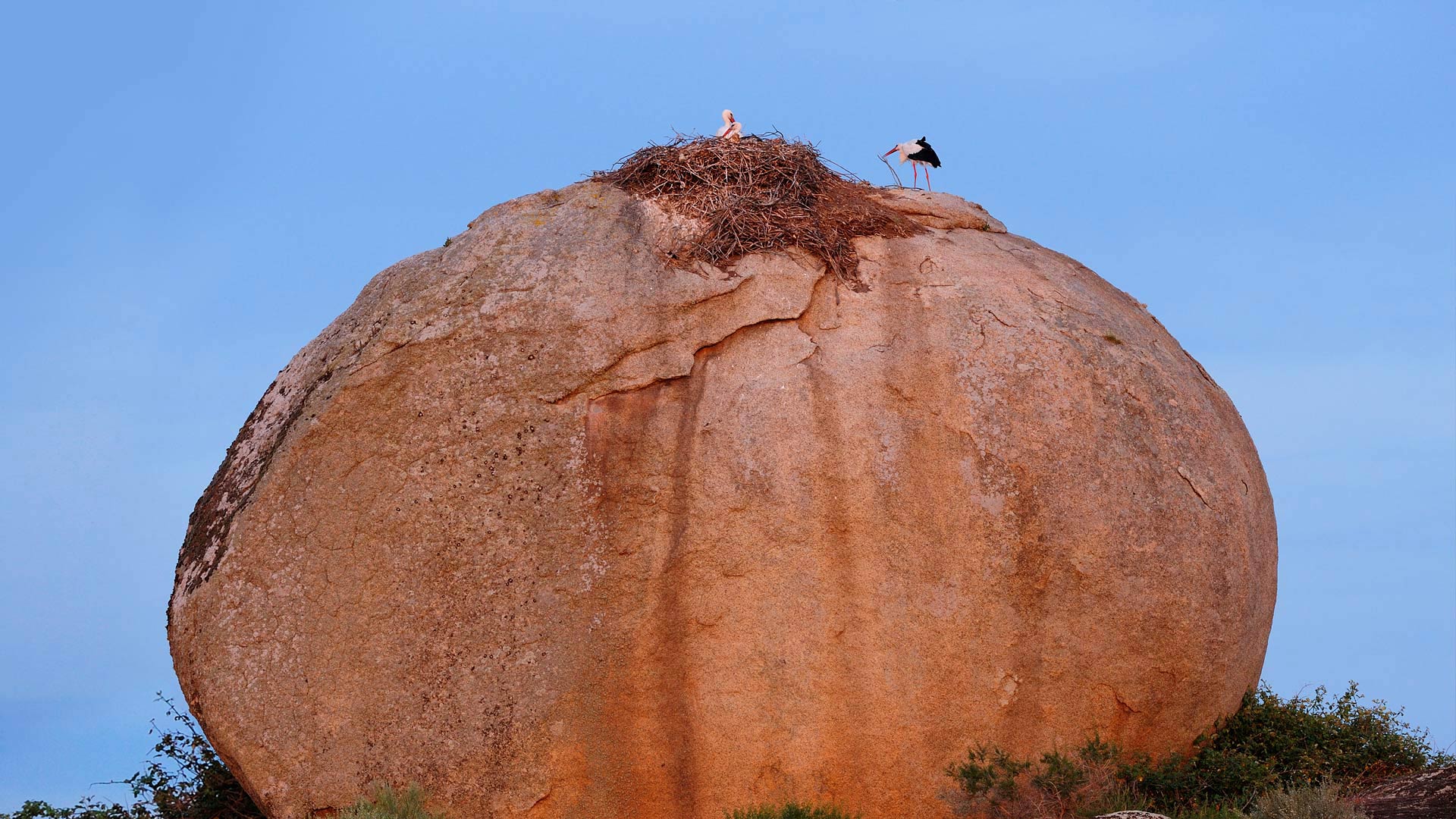In the early 2000s, a new platform emerged that would forever change the digital landscape as we know it – YouTube. What started as a simple website for sharing and watching videos has since become a global phenomenon, shaping the way we consume and interact with content on the internet.
YouTube was founded in 2005 by three former PayPal employees, Chad Hurley, Steve Chen, and Jawed Karim. Their vision was to create a platform where anyone could upload and share video content with the world. Little did they know that their creation would revolutionize the way we consume media and become a cornerstone of internet culture.
One of the key factors in YouTube’s rise to prominence was its accessibility. Unlike traditional media platforms, YouTube allowed anyone with an internet connection and a camera to create and share content. This democratization of media gave rise to a new generation of content creators, known as YouTubers, who were able to build massive audiences and generate revenue from their videos.
The rise of YouTube also coincided with the increasing popularity of social media, which allowed for the rapid sharing and dissemination of videos across the internet. As a result, YouTube became a breeding ground for viral content, with videos such as “Charlie Bit My Finger” and “Gangnam Style” gaining worldwide fame and amassing millions of views.
YouTube’s impact on the entertainment industry cannot be understated. It has provided a platform for niche content creators to reach global audiences and has ushered in a new era of digital media consumption. In response to this shift, traditional media outlets have also embraced YouTube as a way to reach younger audiences and expand their digital presence.
Furthermore, YouTube has given rise to new forms of entertainment, such as vlogging, gaming, and educational content. The platform has also become a hub for political commentary and activism, allowing individuals to share their perspectives and mobilize communities around social issues.
In recent years, YouTube has faced criticism for its handling of content moderation and monetization, leading to debates about free speech and the responsibilities of tech companies. However, it remains a dominant force in the digital landscape, with over 2 billion monthly active users and a seemingly endless supply of content.
As YouTube continues to evolve, it will undoubtedly shape the future of digital media and influence the way we consume and interact with content online. Its impact on the entertainment industry and popular culture is undeniable, and it has paved the way for a new era of media consumption and expression.







